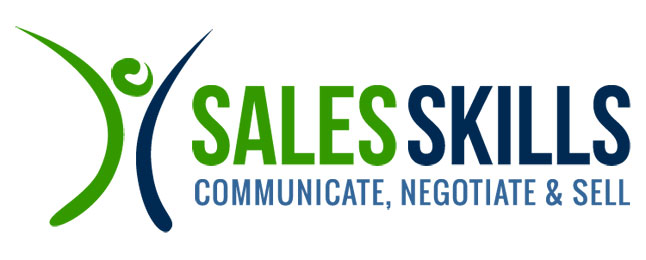Understanding the Buyer’s Brain
You know that feeling when you walk into a store, just to browse, and you find yourself leaving with bags full of stuff you never knew you needed? Well, it’s not magic; it’s psychology! Let’s dive into the fascinating world of the buyer’s brain.
Ever wondered why you feel drawn to that ‘50% off’ sign? It’s not just the allure of a good deal; it’s your brain’s way of saying, “Hey, this is a fantastic opportunity, don’t miss out!” You see, our brains are wired to seek rewards and avoid losses. So, when we spot a potential reward, like a discount, our brains release a rush of feel-good chemicals, making that purchase irresistible.
Building Trust and Rapport
Now, let’s talk about trust. Imagine you’re buying a car. The salesperson who takes the time to listen to your needs, answers your questions honestly, and even cracks a joke or two instantly becomes your favorite, right? That’s because trust and rapport play a massive role in sales.
Building trust starts with active listening. When you genuinely understand a customer’s needs, you can offer solutions that resonate with them. Plus, mirroring their body language and tone helps create a subconscious connection. And here’s a fun fact: studies show that people tend to buy from those they like. So, sprinkle a bit of charm, crack a smile, and watch the magic happen.
The Scarcity Effect: FOMO in Action
Fear of missing out, or FOMO, isn’t just for trendy social events; it’s a potent sales tool. Ever noticed those ‘Limited Stock’ notifications? They trigger a primal fear in us—the fear of losing out on something valuable. We’ve all been there, hovering over the ‘Buy Now’ button, thinking, “What if it’s gone tomorrow?”
Creating a sense of scarcity taps into this psychological phenomenon. When customers believe a product or offer is in high demand or available for a limited time, they’re more likely to make a purchase. It’s like our brains switch into turbo mode, saying, “Don’t hesitate; this is your chance!” So, next time you see a countdown timer, just know it’s playing with your FOMO, and it’s totally normal.
The Power of ‘But Wait, There’s More!’
Remember those infomercials that promised a kitchen gadget could also walk your dog and make your morning coffee? They were onto something—the principle of adding value. Offering bonuses or additional products can make your offer irresistible. It’s like getting a surprise gift with your purchase; who doesn’t love that?
Our brains love getting more for less. When you throw in something extra, whether it’s an e-book, a free consultation, or a ‘limited-time’ bundle, you’re activating the reciprocity principle. In simple terms, when someone gives us something, we naturally want to give back. So, when customers feel they’re getting a great deal with added value, they’re more likely to close the deal.
The ‘No-Pressure’ Approach
Now, let’s talk about the ‘no-pressure’ approach. We’ve all encountered pushy sales tactics that make us want to sprint for the exit. But what if I told you that a more relaxed approach often works wonders?
The secret is in the psychology of autonomy. When people feel they have control over their decisions, they’re more likely to say ‘yes.’ Instead of pushing, try guiding. Present options, ask open-ended questions, and let them choose. It’s like being a friendly GPS for your customers, helping them navigate toward a purchase without feeling coerced.
In a nutshell, understanding the psychology behind closing sales is like having a secret superpower. It’s not about manipulation; it’s about connecting, building trust, and offering value. So, go out there, be genuine, and watch your sales soar. You’ve got this!
